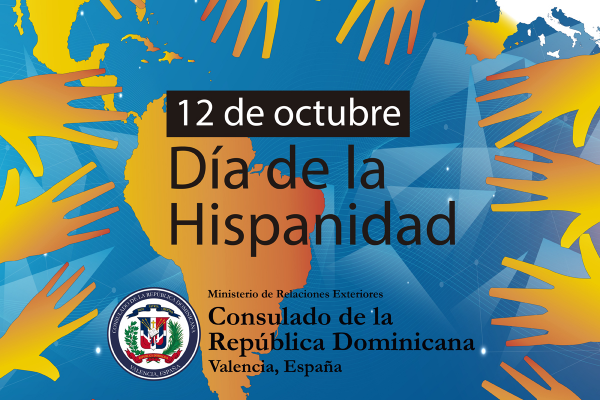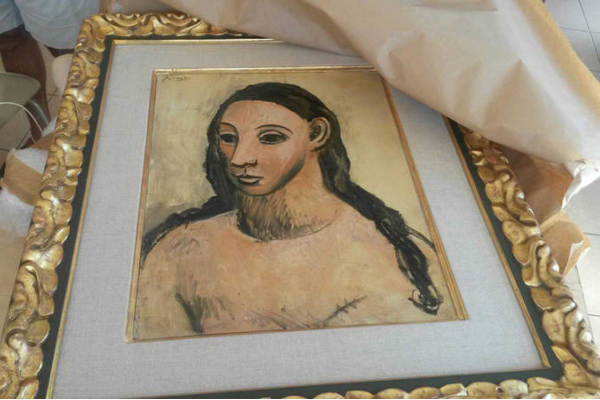
Día de la Hispanidad
History
October 12, 1492 was the day Christopher Columbus first set foot on American territory. Finally, two worlds were connected, two worlds that hadn’t known of each other’s existence up until then.
After the United Nations established a way to celebrate Spanish speaking countries all over the world, October 12 is also known for being Spanish Language Day since the year 2014.
The fact that Columbus was the one who had discovered America, was not initially perceived that way, as he had never actually been fully aware of setting foot on American soil. He believed he had arrived in India, and that is why he called its inhabitants Indians.
October 12 is also the day of another festivity, as it coincides with the Day of the Virgin of Pilar. She is the patron saint of Zaragoza and Spain.
Día de la Raza in Latin America
On October 12 we celebrate Día de la Raza in Latin America, Spain, the United States and some other countries. Día de la Raza started as a spontaneous and unofficial holiday in the 20th century, as a way to commemorate a new cultural identity, the meeting of American indigenous people and Spanish colonists and the Hispanic American cultural heritage’s values.
Although Día de la Raza is what we like to call this holiday nowadays, different countries have different names for it: in Spain it is called Día de la Fiesta Nacional or Día de la Hispanidad, the United States call it Columbus Day or Día de Cristóbal Colón, in Chile and Peru it is called Día del Encuentro de Dos Mundos and in Argentina they call it Día del Respeto a la Diversidad Cultural.
A controversial issue
Christopher Columbus and the holiday are a controversial issue at the moment, especially since native Americans were not treated well by Columbus and other European explorers and settlers. For years now, there have been campaigns to celebrate Día de los Pueblos indígenas.
In the late 19th and early 20th century people had another problem with Columbus: some say the discovery of North America should be attributed to Erikson, who is believed to have discovered the area 500 years before Columbus had.
Although October 12 is a national holiday, there are Catalan independency organizations that have been refusing to celebrate Día de la Hispanidad for a couple of years now.
What do you think of Día de la Hispanidad? Do you know other interesting facts?


